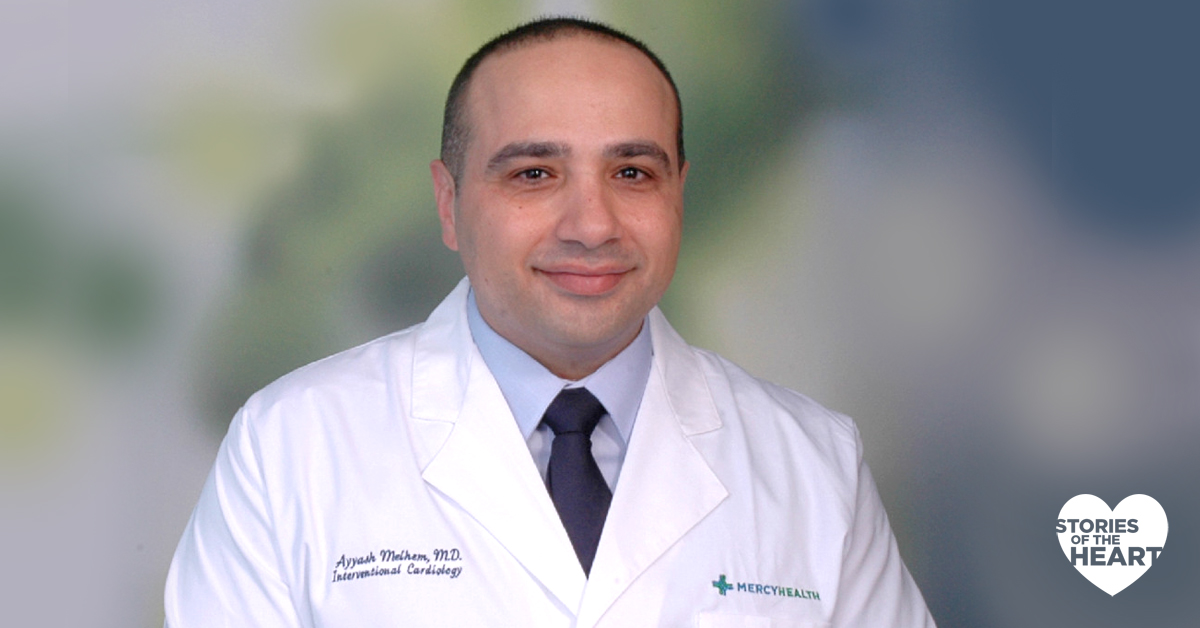From high blood pressure to a weakened immune system — learn how stress affects your heart and steps you can take to reduce negative impact
We’ve all been there. The deadline is looming, and you’re starting to feel the heat — a racing heartbeat, sweaty palms and feelings of anxiety all come into play. Stress isn’t always a bad thing. In fact, it’s a common response to the demands of everyday life, and at times, it can be one of our best motivators. However, too much stress or unmanaged stress can have negative effects on your health.
How Stress Affects Your Heart
Stress can affect behaviors that increase your risk of heart disease, which is the leading cause of death among Americans. Additionally, when we’re stressed, we often turn to behaviors which can make our heart health even worse. Smoking, overeating, overuse of drugs or alcohol, and frantic behavior are all common examples. This behavior can cause:
- High blood pressure
- High cholesterol and artery damage
- Irregular heartbeats
- Chest pain
- A weakened immune system
Tips for Managing Stress
The good news is that if you feel stress coming on, there’s a host of activities that can help you manage stress. The first is to better understand your own stress levels. Once you know you’re in a state of stress, choose one of these stress-reducing activities that best suits you:
- Exercise
- Making time to connect with positive people
- Embracing quiet time through mediation, yoga or journaling
Learning to accept what you can’t control and knowing when to say “no” to stressful activities are also important. Remember that your heart health is more important than people-pleasing. There are also many books on stress management, as well as stress-reduction classes available
The Risk of How Stress Affects Your Heart
High blood pressure is the leading cause of death worldwide. And while a day or two of high stress won’t cause long-term high blood pressure, it’s important to understand that too much stress for too long can. Because stress raises blood pressure, it can also cause blood clots, which make heart attacks more likely.
It’s especially important to take time to recover after traumatic events, such as breaking up with a significant other of experiencing the death of a relative. This type of traumatic stress can cause broken heart syndrome, which can disrupt the way the heart pumps blood.
If you’re worried about stress or high blood pressure, reach out to your primary care physician right away. If you need a doctor, call 513-952-5000 or visit mercy.com to find a primary care doctor today. Our team of expert, compassionate physicians are conveniently located throughout eight regions in Ohio and Kentucky. We make it our primary goal to help you be well — in mind, body and spirit.







1 Comment
Post a CommentMercy Health
Thanks for your interest! For more in-depth information, we recommend scheduling a visit with your primary care physician. Let us know if we can help!